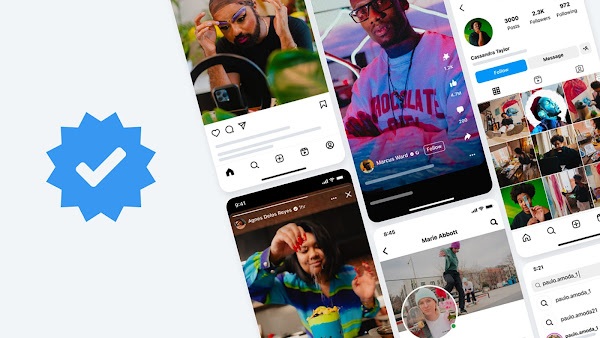On Sunday, Facebook and Instagram announced Meta Verified, a subscription service that will give benefits to people who pay a fee and confirm their identity. The perks include algorithmic boosts to posts, human customer service, and added protection from impersonation. Meta’s paid verification follows Elon Musk’s controversial decision last year to include its famous blue check marks in its Twitter Blue subscription package. Not long after Twitter’s decision, Tumblr launched its own paid verification plan, which was initially meant as a joke mocking Musk’s ham-fisted business strategy but ended up increasing the company’s revenue. Netflix is also looking to squeeze extra money out of its viewers with its plan to end password sharing across different households.
Taken together, the vibe feels a bit like trying to use a familiar service and getting hit with a pop-up that says, “Thank you for using Web 2.0. Your free-trial period has ended!”
I am not a Meta power user, and I certainly won’t be paying for a blue check mark. Still, the Verified announcement depressed me. It felt at first like Meta had gone full Spirit Airlines, that paying for customer service is akin to ponying up for glasses of water or any carry-on larger than a purse.
Charlie Warzel
The analogy with the airline industry doesn’t quite land here. Ultimately, airlines provide a physical service and the business has slim margins that are constantly threatened by fuel prices and new regulations. Facebook on the other hand has enjoyed hefty profit margins on its digital ads business, and is only struggling recently because of Zuckerberg's enormous investments into the metaverse. Another key distinction is that air travel is essential for lots of people, either for business or leisure – or both, and cannot easily be substituted with other forms of travel; social networks however come and go depending on popular whims and cultural trends, and some of their core functions can be easily replaced.

The rationale behind Meta Verified is straightforward in my view: after Meta’s stock price got battered last year, management is now eager to demonstrate to shareholders that they can turn things around and still grow the business. In this sense, a subscription service serves to complement the underlying message of tech layoffs: efficiency and cost reductions on one side, more revenue differentiation on another. It almost doesn’t matter whether Verified gains popularity and contributes significantly to margins; it’s enough to parade this in upcoming earnings calls and repeat: ‘We have a plan, we are doing something! (please buy our stock again)’.
Post a Comment